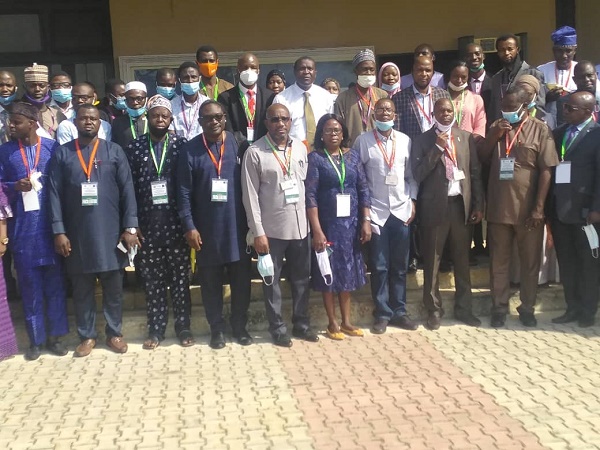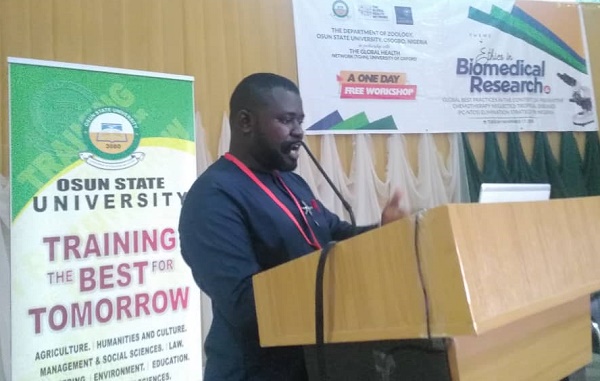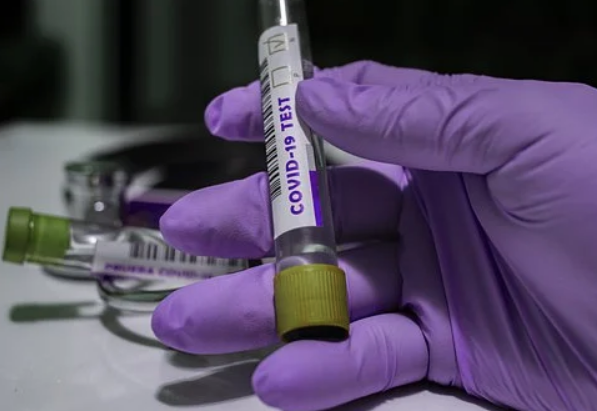Researchers should be 'held accountable for bioethical breaches'
Biomedical researchers have called on academic bodies to ensure scientists are held accountable when they don’t follow proper ethical standards during biomedical-related investigations.
At a recent workshop titled ‘Ethics in Biomedical Research’ which held at Osun State University (UNIOSUN), Osogbo, Osun state, guest speakers bemoaned the “publish or perish” culture of academia.
Among the facilitators at the one-day workshop include Olusola Ojurongbe and Christopher Alebiosu, professors of medical parasitology and medicine respectively.
Ojurongbe, who spoke on good clinical and laboratory practices and ethical standards, called for a paradigm shift in the extant research system which places much pressure on publication.
Advertisement
“The pressure of publication has made us [researchers] unable to adhere to ethical standards and this is not right. Scientists must be held accountable for their results,” he said.

Also speaking, Alebiosu said researchers who erred on ethical grounds should not only have their publication withdrawn but also punished by their academic societies just like medical doctors.
“It is very straightforward, if you breach ethics the ethical approval should be withdrawn. Further, every professional body is operating under particular laws and would have their own regulations and sanctioning bodies, and they should deal with such scientist. If the punishment is not weighty enough then the court of law can be approached,” he said.
Advertisement
In his welcome address, Muhammed Rufai, a doctor and head of the department of zoology, UNIOSUN, said ethical discussions are ripe because of the interdisciplinary and globalisation of research.
“With many research activities now taking place on a global dimension, it is imperative to discuss positive approaches towards inculcating best research integrity practices. This includes examining the role of good clinical/laboratory practice and ethical standards in setting the standards for research integrity.”
Olabanji Surakat, a doctor and neglected tropical diseases expert, also said there is a need to incorporate the discussion into the postgraduate curriculum, and also frequently organize bioethics workshops to improve bioethical awareness.
“I think bioethics should be included in the curriculum at postgraduate level. Once done, people would take the issue seriously and know that these are concerns that have to do with human interactions and confidentiality. If bioethics workshop is sustained it re-enforces the idea, knowledge and they become conscious of regulatory concerns,” Surakat, who is the convener of the workshop, said.
Advertisement
The training, organized by UNIOSUN’s department of zoology in collaboration with the University of Oxford’s The Global Health Network (TGHN), taught participants how to become certified in biomedical ethics for better research participation and outcomes.






